“Patay na ba siya?” my blockmate and I asked with our masked mouths. While in the middle of our storytelling session with kids of Philippine General Hospital’s charity ward, we noticed the kid in the nearby bed—blanketed from head to toe. He was dead. The rest of the children were laughing, gasping, and listening to fairytales, but the blanketed kid had been dead for hours. We wish we knew why.
Read more: Acknowledging privilege and what you should do about it
I wished a lot of things whenever I dropped by PGH in college. I wished patients in wheelchairs didn’t have to line up for an hour just to get in the lone working elevator. I wished there were more beds, so people didn’t have to sleep on the floor. But these were all just wishes, and I could always walk back to UP Manila to attend my classes or go home or head to another hospital if I want to. Because I have the privilege—but the titular character in Thop Nazareno’s Cinemalaya 2019 film Edward doesn’t.
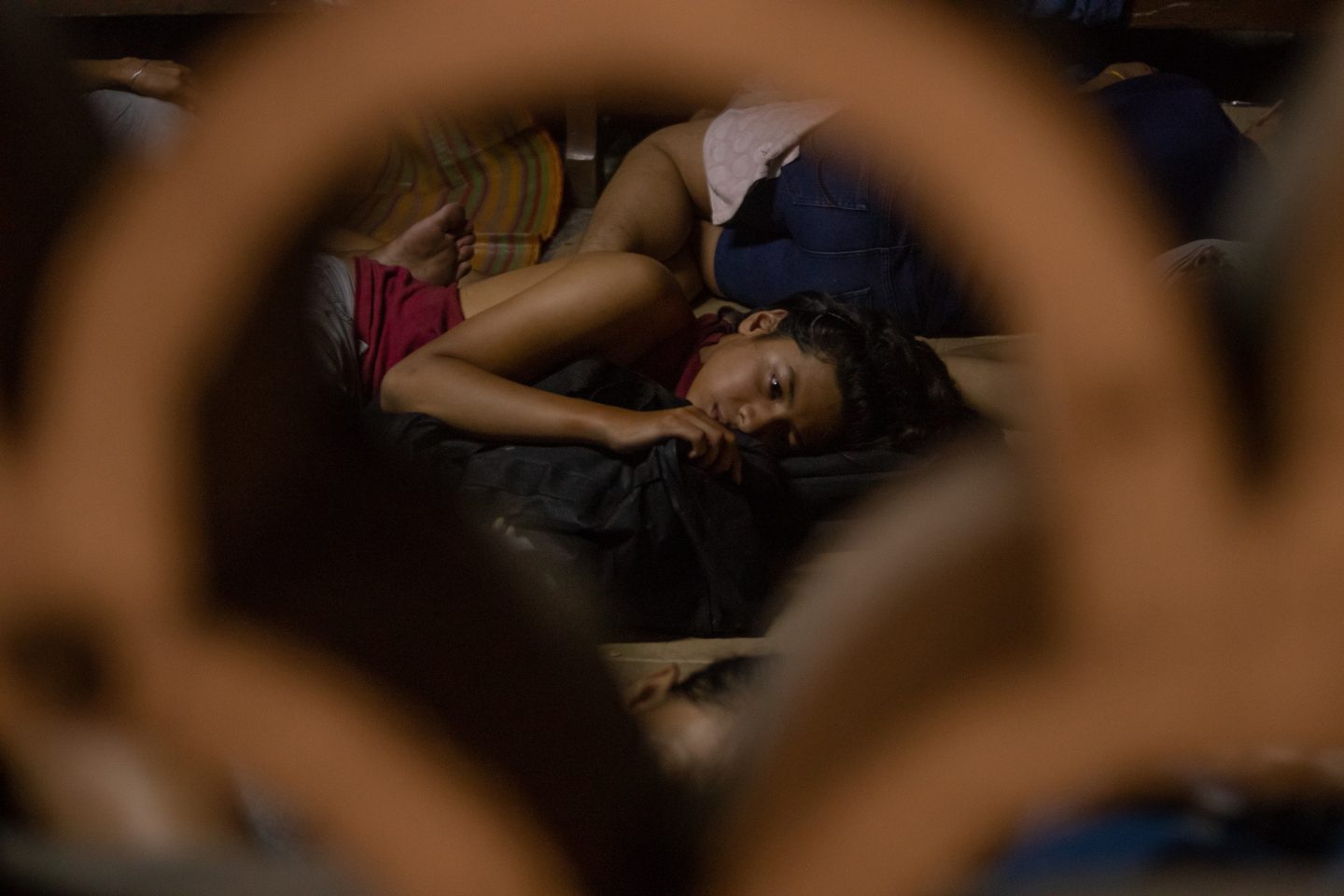
The barely literate teenager Edward (Louise Abuel) doesn’t have the choice to go to school, nor go home to the comforts of his bed, nor go to another hospital like a lot of us, when we don’t feel like braving long lines. Instead, he’s stuck in a public hospital to take care of his ailing father (Dido de la Paz) he feels distant with, as his step-brother couldn’t bear the responsibility. While he’s certainly one of the constant witnesses of the people in the hospital, the hospital in return serves as a witness to his growth.
The lovable and carefree Edward lives in a public hospital. It is crowded, stinky. Dextrose bags hung by household hangers. Nurses, patients, and their watchers almost exchanging faces because of the cramped space. Everything feels fast and fleeting, that even the declaration of someone’s time of death doesn’t feel like a surprise.
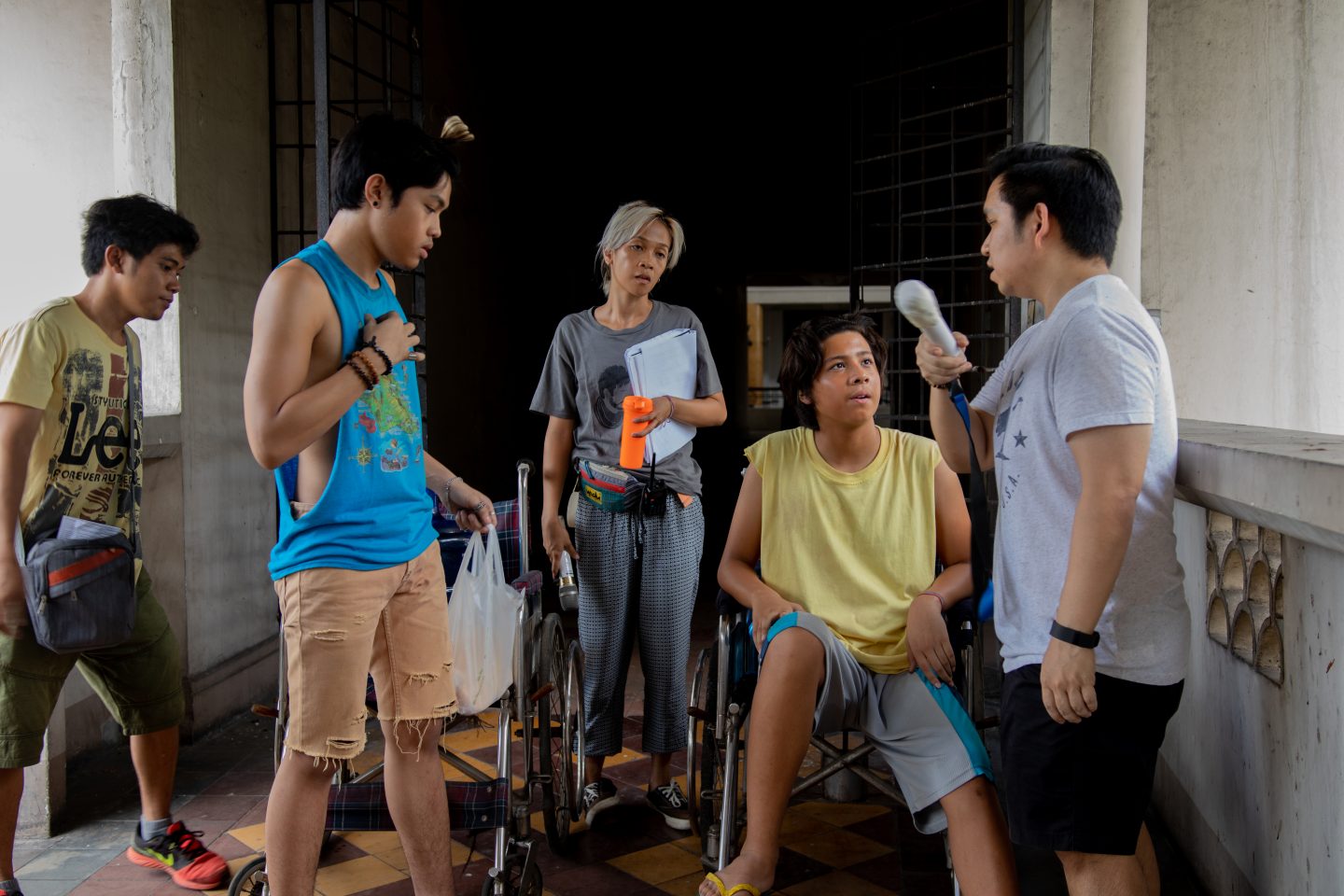
That’s why Edward and his snarky, rascal, role model friend Renz (Elijah Canlas) have been used to betting on someone’s life for good ol’ fun. “Ano sa tingin mo? Sa tingin ko mamamatay ‘yan,” Renz confidently blurts out while looking at one of the patients battling her breath through the beeping. “Mabubuhay ‘yan,” Edward says. He eventually wins and gets the 10-peso coin sitting in Renz’ ear. Instead of asking the shy “patay na ba siya?” these boys go straight to assumptions, like they’re used to it. And just like that, these teenagers started feeling more striking—strangely real, for the most part.
Read more: “This film is going to be painful,” says this Cinemalaya 2019 filmmaker
But this seemingly distasteful bond between Edward and Renz, if anything, mirrors how human life has become easily fleeting in a public hospital. Almost like entertainment, as if it’s for a show—things here are predictable, and we’re still sorry when it happens. But no one wants it. Not the nurses and doctors, who would do anything to save lives despite the lack of resources and manpower. Not Edward, and not even Renz—who would by hook or by crook stay by Edward’s side when he needs help, especially with his crush Agnes (Ella Cruz) when Edward starts watching over her.

This then shows the hospital’s culture of humanity: Strangers help each other. One scene depicted Edward trying his best to pump the ambu bag (used for proper breathing) to a neighboring patient while her watcher was away. Though he was scolded for doing it wrong, the smile on Edward’s face describes that there’s an existing hope in the hospital, despite the odds.
But it was also made clear that hope alone won’t fix their world. Optimism alone won’t multiply the lone electric fan in the ward, which watchers fight over for their relatives running out of breath. Optimism alone won’t abolish the norm of needing to wake up between 4 a.m. to 6 a.m. just to be able to take a bath. Optimism alone won’t make their makeshift beds (often made out of cardboard) in the ICU more comfortable. When Edward realizes more and more of how young he is for this big of a struggle—with the losses and gains that come with it—he learns to fight.
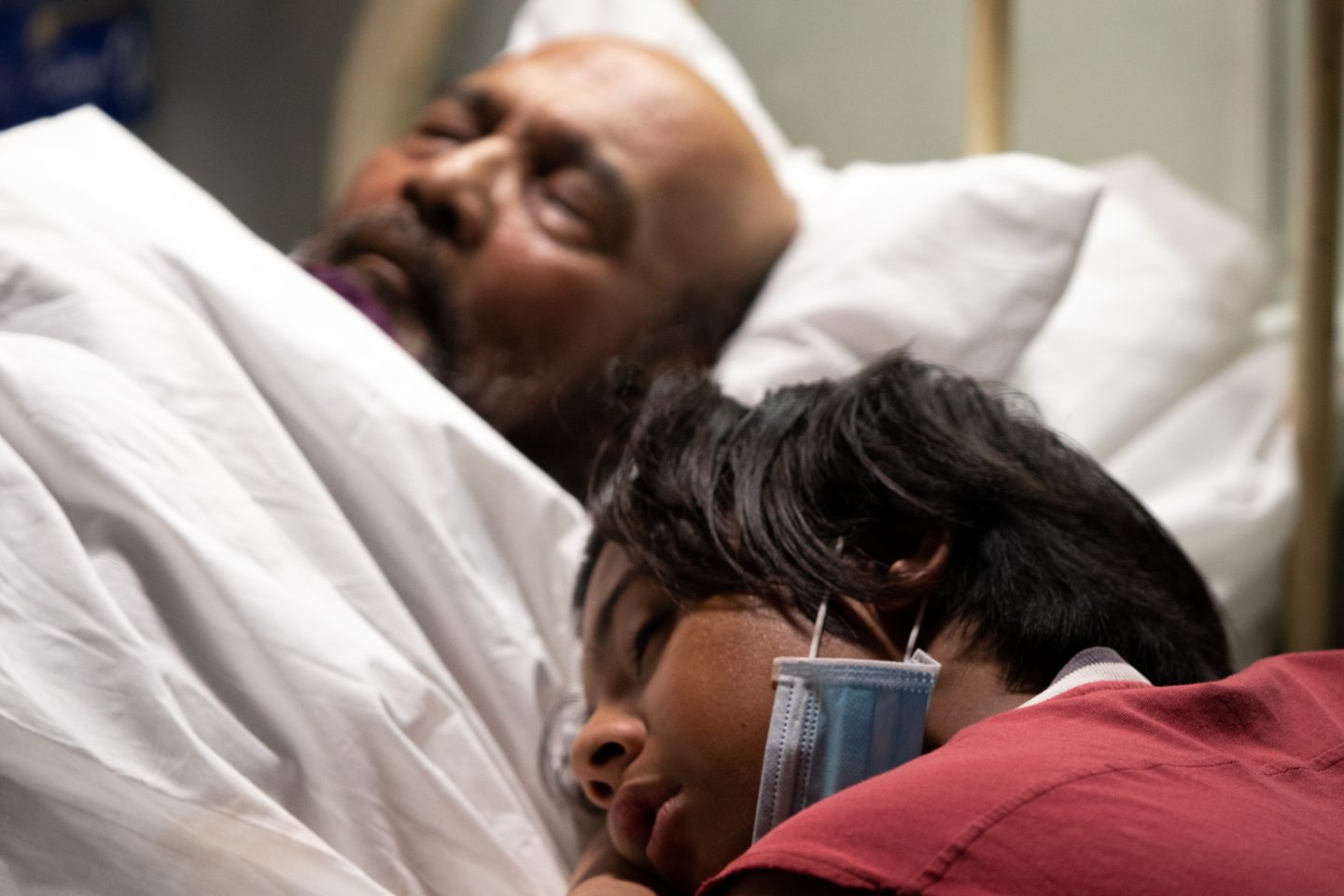
The simultaneous metaphorical expansion of the place along with the characters is enough to call it a good film. Edward showed sweetness and lightness in its clever execution without feeling draggy for such a heavy topic.
Though straightforward, the film leaves you with mysteries you’ll want to solve. Most of all, every room seen in the hospital was filled with research-based stories of real public healthcare experiences, unfolding how a single place—under a sad and bad system affecting hundreds of people—can change almost the whole life of a young boy, no matter how much he tries to make his life better.
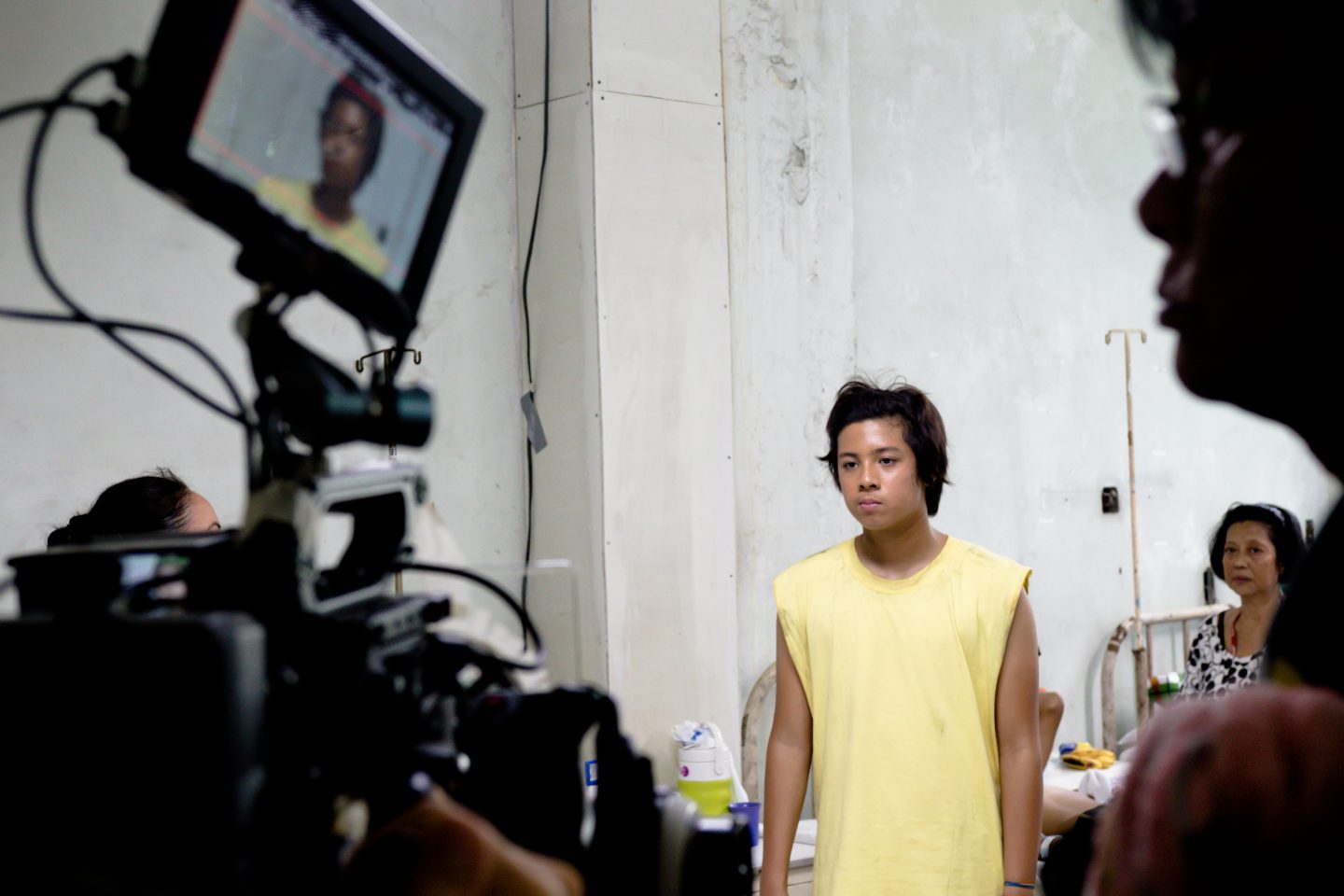
Local news shows that patients aren’t the only victims of the system. A 2016 report reveals there are 130,000 licensed doctors in the Philippines, but only 70,000 are active in their profession. Those who aren’t are most likely nurses overseas. “Many hospitals are understaffed; a nurse can expect to handle 20 to 30 patients,” Nars partylist Rep. Leah Paquiz revealed in 2014. Many nurses are forced to leave our country to find better opportunities. Because if they stay here, they have to face challenges that are hard to crack. Bigger challenges await in public hospitals.
As the film explores, the public hospital is a battlefield for the health workers as much as it is for the patients. Aside from deficient resources and manpower, it cries the absence of “competitive working conditions” like poor salary, no hazard pay, and other nonmonetary perks. The working environment is not fit for multitasking workers. What happens? “Quality care is compromised,” Paquiz added.
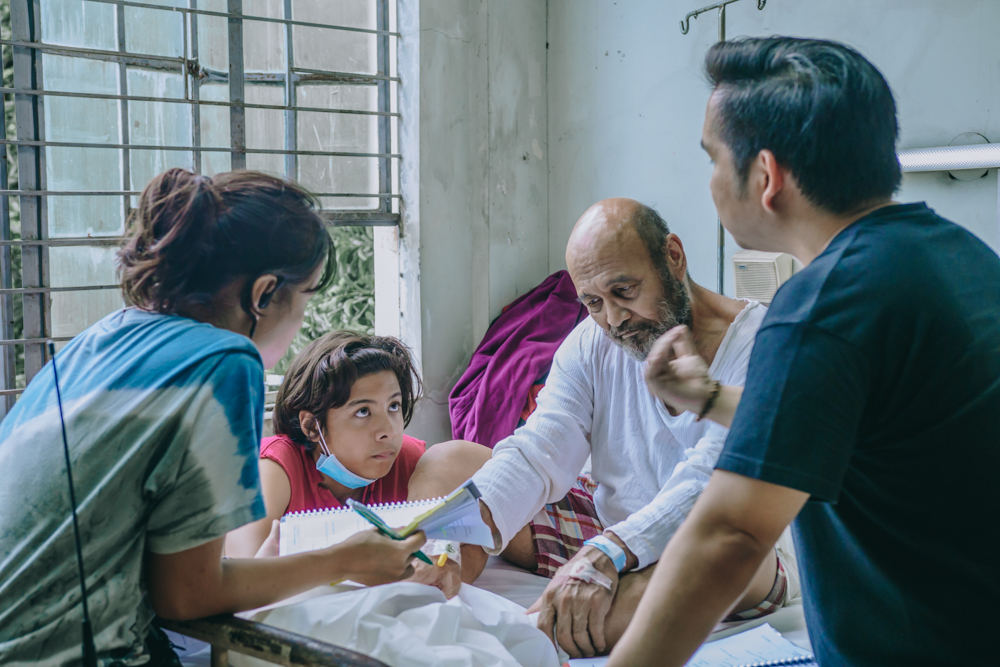
Unfortunately, some people who are trapped in their privilege bubble add to the bulk of problems, as if these healthcare professionals’ jobs aren’t difficult enough. Back in 2018, Ramon Tulfo tried to humiliate PGH workers through an uploaded video for not giving immediate first aid to a nine-year-old kid he brought there. Just recently, #DoctorShaming resurfaced when Yeng Constantino “exposed” a Siargao doctor on Facebook and her vlog, expressing her complaint about the healthcare professional’s “lack of concern.” She apologized eventually.
Read more: Here’s what Moreno, Sotto, and other new leaders did in their first week
Recently, Mayor Isko Moreno challenged health workers: “If you can’t be kind, you can quit.” It really is disappointing when you get confronted with an unideal temper, seemingly forced attention, or sarcastic remark. But watching Edward reminded me that these healthcare professionals aren’t mere villains of the story; they’re just as tired as all of us.
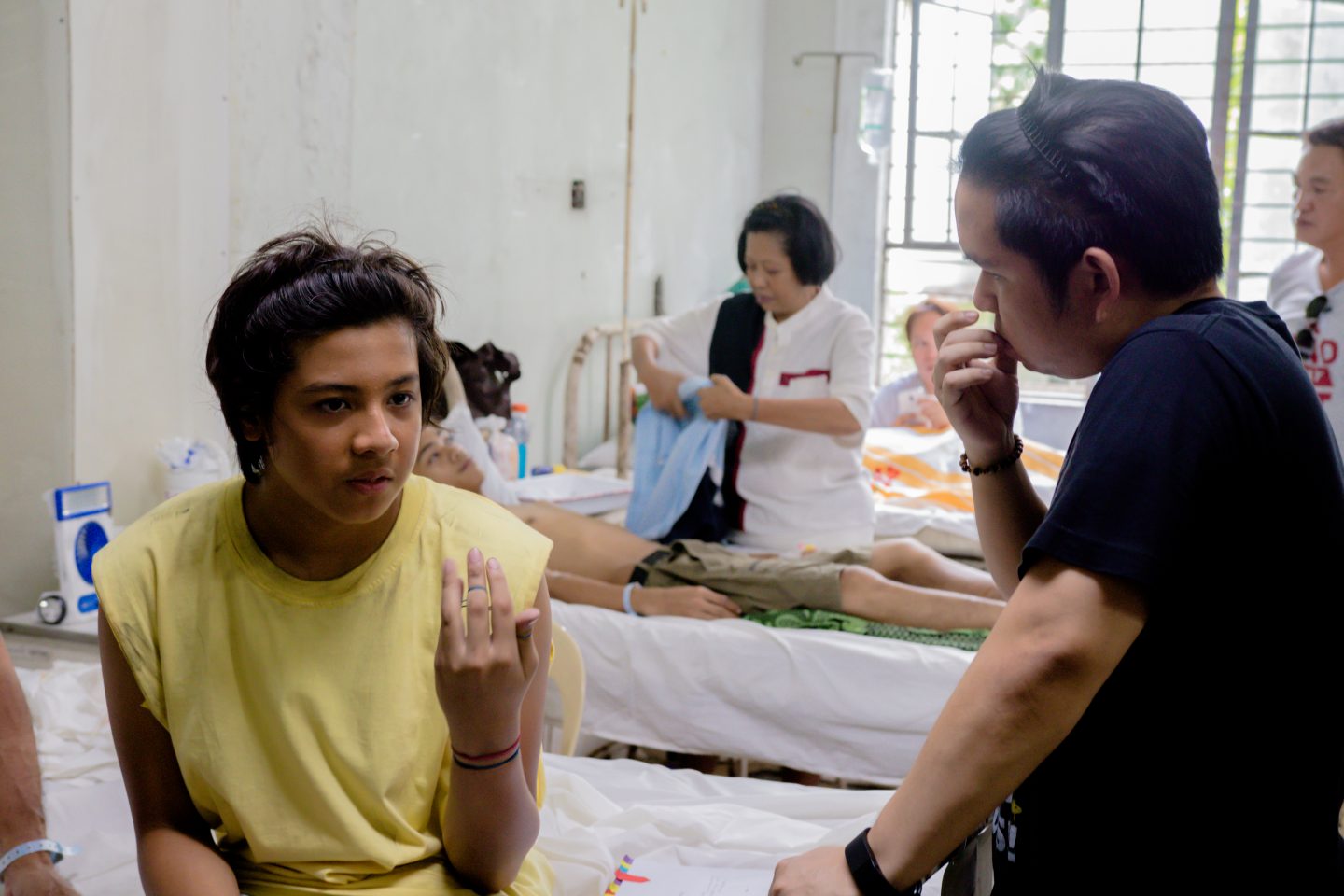 Read more: SONA 2019 is just a melange of Duterte’s SKL moments
Read more: SONA 2019 is just a melange of Duterte’s SKL moments
Working in a far from ideal environment while being poorly compensated isn’t the most glamorous life there is. We know it now. And just like Edward, maybe we can learn to fight. To try working towards a win-win situation for both health workers and patients. It starts with supporting leaders and advocacies that don’t confine proper healthcare as an exclusive entity, a prize, or a perk for being affluent.
Photos courtesy of Thop Nazareno
You know what’s cool? Newsletters. Get exclusive updates on everything SCOUT through our newsletter. Sign up here.














































